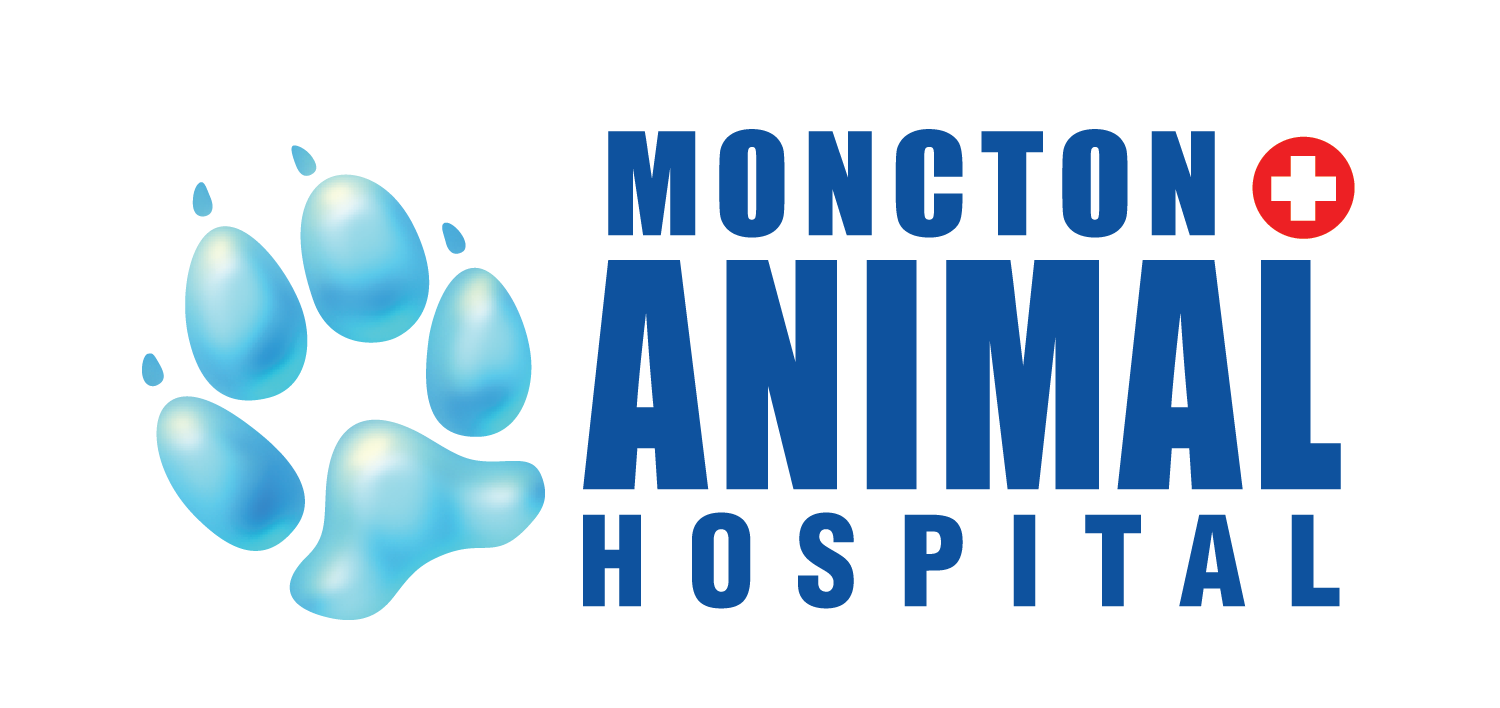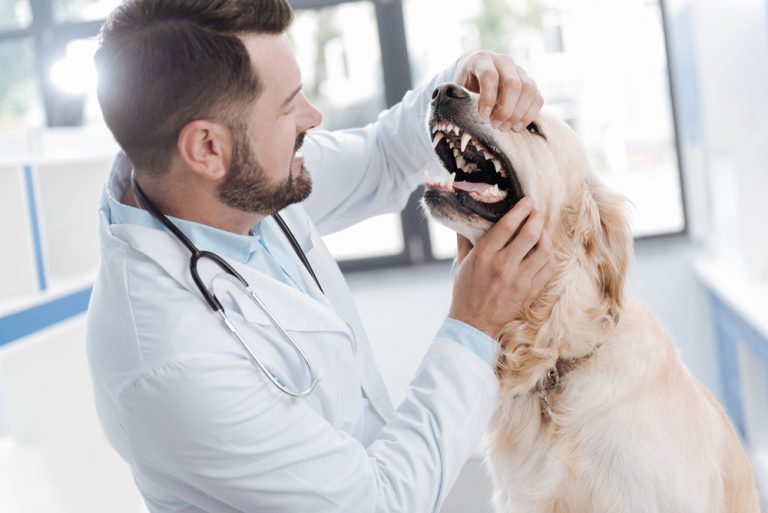February and March, we are celebrating Dental Health Month. Here are a few fun facts about your pet’s mouth!
- Dogs and cats have a full set of baby teeth that are replaced with adult teeth. You might see baby teeth laying around starting at the age of 4-5 months.
- Dogs have 42 permanent adult teeth; cats have 30.
- Dental disease is the most common clinical condition among adult dogs and cats.
- 1 in 3 pet owners thinks that bad breath is normal in pets.
- Infection in your pet’s mouth can spread in the bloodstream and damage other organs including the heart, liver, and kidneys.
- Providing your pet with good dental hygiene can add 2-4 years to its life! Brush daily!
- Small breed dogs are more likely to have dental disease. Their teeth are too big for the size of their mouths.
- Bad breath is the most common sign of periodontal disease. Have it checked and cleaned!
- Most pets will not stop eating even when they’re suffering from severe periodontal disease. Pets don’t tell us when their teeth hurt.
- Sneezing, nasal discharge and/or facial swelling can be signs of a tooth infection.
- Unlike going to the dentist, proper dental cleaning in pets requires general anesthesia.
- Up to 2/3 of a tooth is under the gum line. Therefore, to fully evaluate the teeth, we recommend under anesthetic dental x-rays.
- Approximately 80% of dogs and 70% of cats will have some form of dental disease by age three.
- Never use human toothpaste on your pet. Our toothpaste can be toxic.
Signs of dental disease in pets:
- Bad breath
- Red gums/bleeding from the mouth
- Discoloured teeth with brown tartar along the gum line
- Receding gum line
- Pawing at the mouth and excessive drooling
- Difficulty chewing kibble
Book your free dental exam today by calling us at the Moncton Animal Hospital, 506-857-4271.
Written by: Monica Blanchard, RVT



